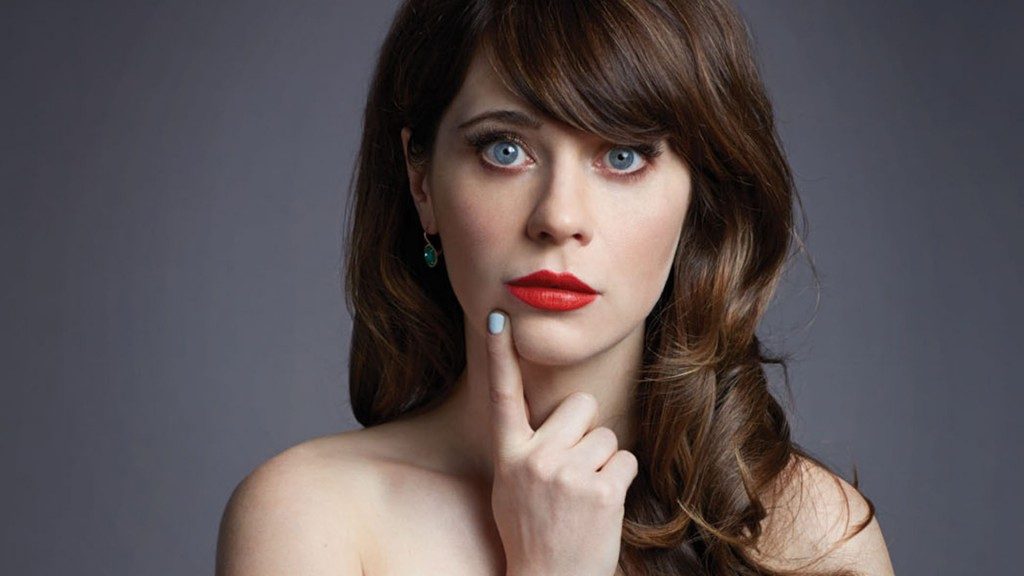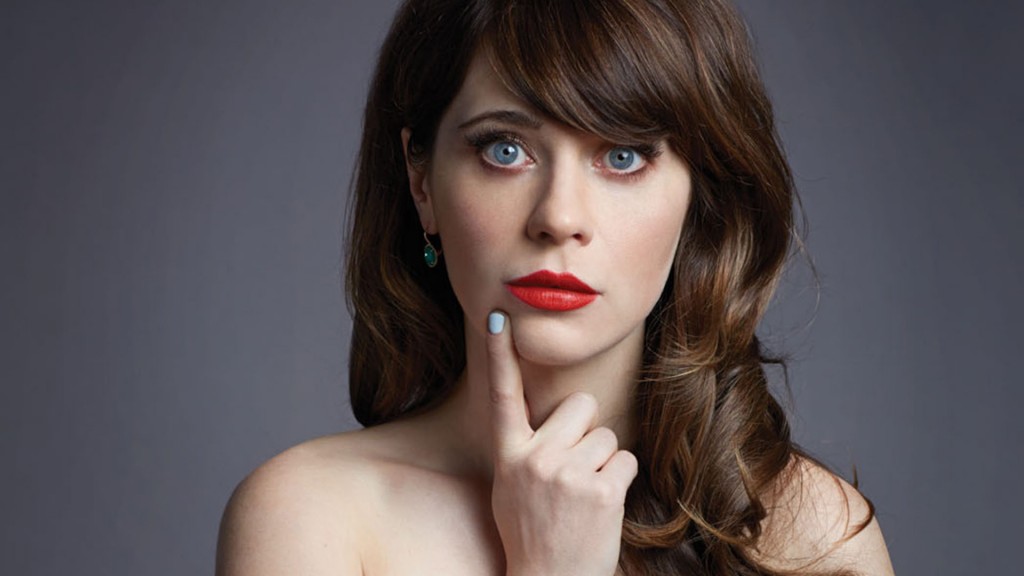
Deschanel movies have positive feminist messages
By Cazzy Lewchuk, Opinions Editor
Zooey Deschanel is as well-known for her image as she is for her many roles. Her typecast role is one of a “Manic Pixie Dream Girl”: A wide-eyed and quirky girl with a sense of adventure and romance. Deschanel’s most well-known roles include (500) Days of Summer, Yes Man, and New Girl. These stories and many more portray her character as an MPDG—or do they?
In each of these roles, Zooey is a character who experiences significant change and growth throughout the plot. While many of her traits are definitely quirky and special, the characters are still three-dimensional and complex on their own.
New Girl is about complex emotional characters who happen to exhibit sitcom stereotypes. (500) Days of Summer’s entire plot is about the protagonist falling in love with Summer and learning the hard way that she isn’t his image of a soulmate. Yes Man’s resolution involves the protagonist taking a serious look at his relationship with Deschanel’s character, and re-evaluating how he sees her.
The message of these movies is actually pretty clear, so it’s amazing how Deschanel’s stereotype continues. It’s true there are few mainstream roles or actors like her in the market, and that, like any celebrity, she’ll be treated for her surface image more than her hidden complexity. Deschanel isn’t necessarily popular for her acting talent or role depth; she succeeds because of her wide eyes, bangs, and gorgeous looks. It’s an unfortunate truth.
The stereotype of Deschanel and her roles isn’t just inaccurate; in many ways, it’s offensive and shaming towards the entire point of the characters, as well as anyone with similar traits. The characters are three-dimensional, with their own emotional needs and individuality. Their romantic interests learn to see them as a full person, and not to turn them into only an idea.
The Manic Pixie Dream Girl does not exist. Every person is a unique individual with their own needs, who doesn’t exist to serve as an idealistic representation of their gender. This particularly applies to women, who are constantly idealized, romanticized, and dehumanized by men in so many ways. In fact, this is the main message of most of Deschanel’s roles. By fetishizing these characters, we do a disservice to girls in general. It sends the message that anyone with “quirky” traits like Zooey is nothing more than an image or stereotype.

